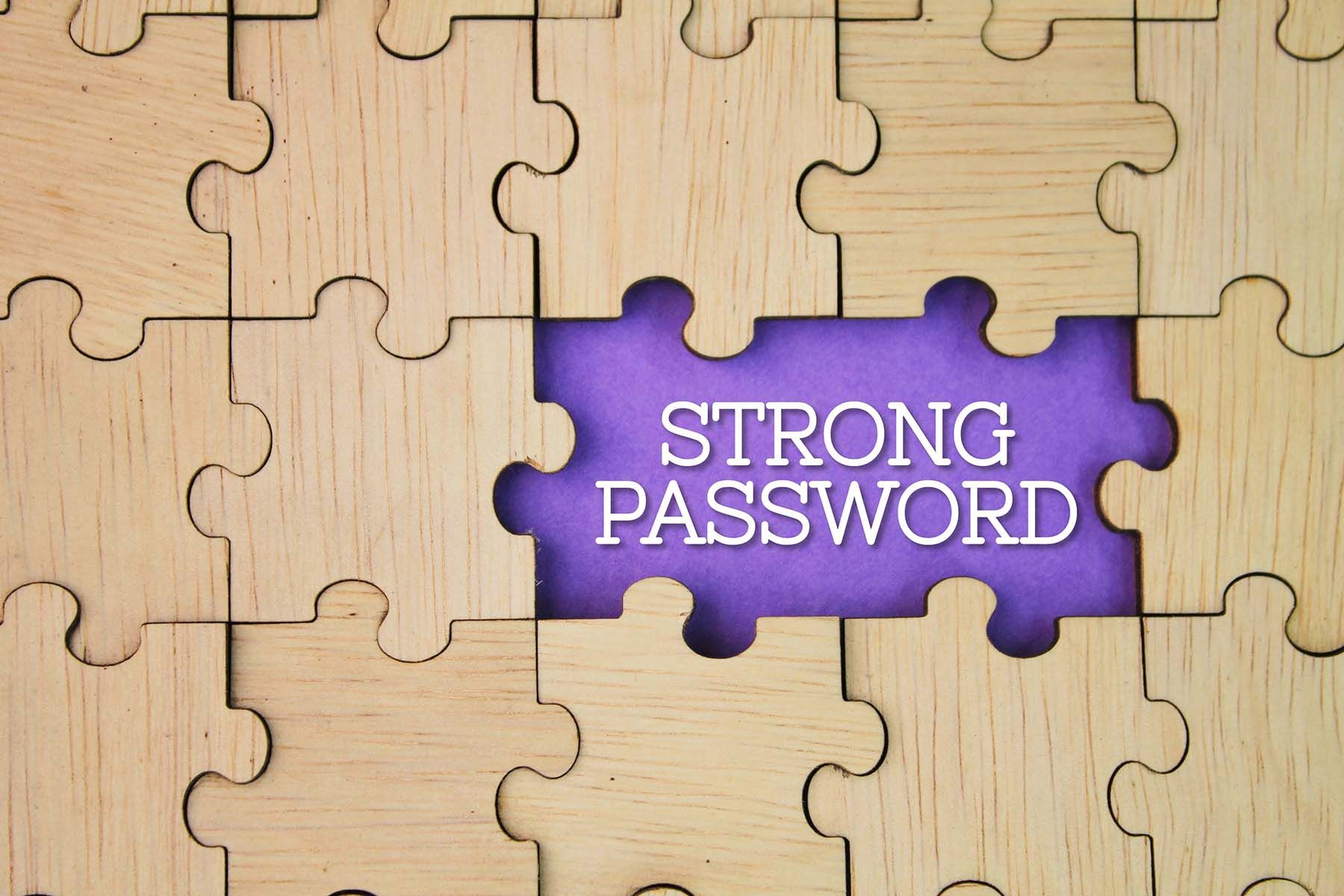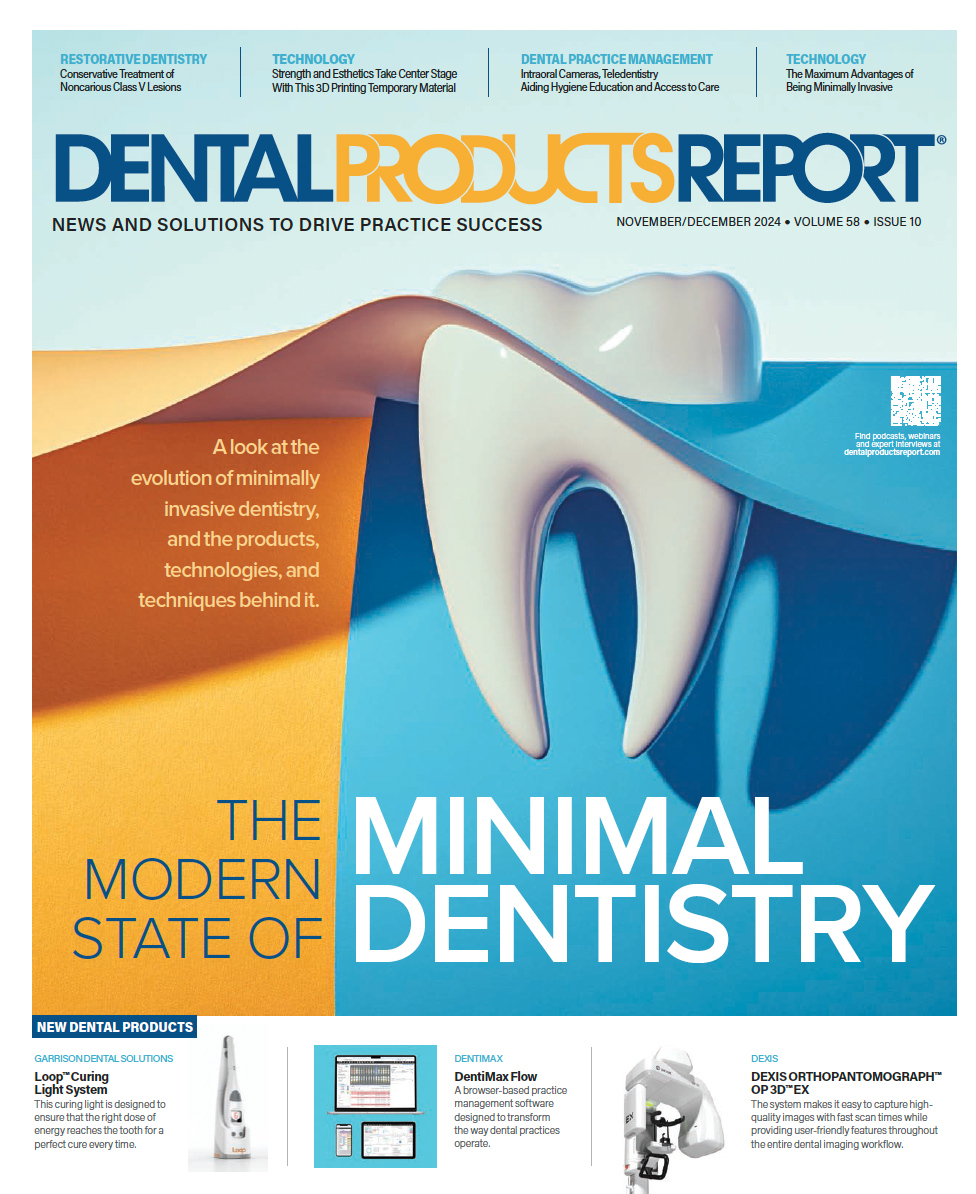Don’t Get Burned by Having Weak Passwords
Strong passwords can bolster the security of your data and make you less likely to be the victim of a data breach.
Don’t Get Burned by Having Weak Passwords | Image Credit: © Fauzi - stock.adobe.com

Passwords can be the first line of defense against unauthorized access to business data and systems. Cyber threats are constantly changing, so it’s crucial for all dental practices to prioritize password security. Weak passwords can be easily exploited by malicious actors, possibly resulting in severe consequences.
This month, we’ll take a close look at passwords, with a focus on problems that may occur when you have weak passwords and what you can do to fend off some all-too-prevalent cyber security issues.
Password security is a basic yet crucial way to protect ourselves online. It means creating strong and complicated passwords to keep our private information safe from people who shouldn’t have access to it.
Consequences of Data Breaches
Data breaches: Recent studies, including one from Verizon's Data Breach Investigations Report, show that 80% of data breaches are caused by compromised passwords.
Financial losses: The average cost of a breach in the US in 2020 is $8.64 million, according to Digital Guardian.
Reputation damage: A company may experience a long-term loss in its market value and decreased customer trust from a data breach.
Proactive Measures
To significantly reduce the risk of a data breach, implement strong password policies, such as the following:
- Require the use of unique passwords for different accounts.
- Educate employees on the importance of password complexity.
- Regularly update and review password practices.
Characteristics of Strong Passwords
To create strong passwords, you should:
- Use a minimum of 12 characters.
- Combine uppercase and lowercase letters.
- Include numbers and special characters.
Passwords such as p@Ssw0rD123! are inherently more secure due to their complexity. Thus, they are more resistant to common attack methods such as dictionary attacks and brute force attempts.
Common Mistakes in Password Creation
Practices often falter when creating passwords by:
- Using easily guessable information (eg, birthdates, simple sequences).
- Reusing passwords across multiple accounts, which increases vulnerability if just one account is compromised.
- Ignoring the importance of updating passwords regularly for each service.
Adopting these password security tips can mitigate risks and fortify your organization’s defenses against cyber threats.
Real-World Examples of Data Breaches:
Yahoo (2013-2014): One of the most infamous cases involved Yahoo, where weak password practices led to the exposure of 3 billion user accounts. This breach not only resulted in a substantial financial loss but also severely damaged Yahoo’s reputation.
Marriott International (2018): Marriott experienced a breach affecting approximately 500 million guests’ information due to inadequate password protections. The fallout included hefty fines and a significant blow to consumer trust.
Equifax (2017): The credit reporting giant suffered a breach impacting 147 million customers. Poor password management was pinpointed as one of the contributing factors, causing extensive financial damage and eroding public confidence.
Best Practices for Creating Secure Passwords
Creating robust passwords is essential for safeguarding data. Here are some best practices to ensure your passwords are secure:
- Character variety: Use a combination of uppercase and lowercase letters, numbers, and special characters. This complexity makes it significantly harder for attackers to guess or crack the password.
- Length matters: Aim for passwords that are at least 12 characters long. Longer passwords provide enhanced security by increasing the difficulty and time required to crack them.
Examples of Strong Passwords
- bL8%4TO&t9b%
- SwoRd-breAd-keyBoard-secUrity
Passphrases: A Memorable Alternative
Traditional complex passwords can be difficult to remember. Passphrases offer an effective solution by combining multiple random words into a single, memorable string. For instance:
hAuBerk-gArdeN-FirE-tABle-fRIEnd
This method maintains high levels of security while being easier for users to recall when the passphrase has meaning to them.
Incorporating these strategies will significantly bolster your password security, making it much more challenging for unauthorized individuals to gain access to sensitive business information.
